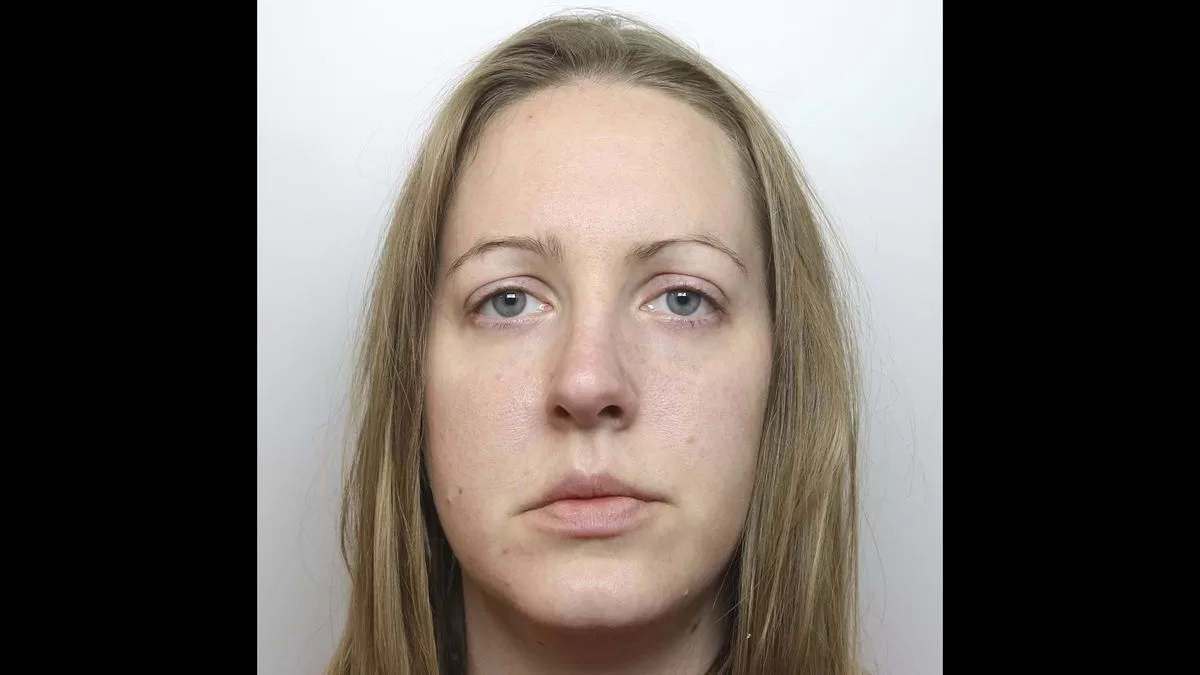More than 400 people have been killed and 3,500 injured after almost a week of continuous gunfire in Sudan. Calls for a ceasefire are increasing, but currently have no effect.
The tension does not diminish. Started last Saturday, the fighting continues this Friday in Sudan between soldiers and paramilitaries of two generals at war for power, despite the end of Ramadan and several calls for a truce.
For the seventh consecutive day this Friday, Sudan is experiencing air raids, explosions and street fighting. The shots notably damaged several hospitals on Thursday, including four in the town of al-Obeid alone, 350 km south of Khartoum.
• More than 400 dead and 3,500 injured
For the locals, the situation is very difficult. In the capital, many families have exhausted their last food and no longer have electricity or running water, while the telephone network only works intermittently.
As a result, many people try to flee the country and crowd the roads. 10,000 to 20,000 civilians, mostly women and children, have crossed into neighboring Chad, according to the UN.
There are currently at least 413 dead and 3,551 injured according to the latest WHO report released on Friday, including 9 children and including three UN aid workers killed in Darfur.
• Humanitarian aid suspended
Due to the fighting, humanitarian aid has been suspended in the country, while more than one in three inhabitants suffer from hunger in Sudan. The vital care that was provided before the clashes to some 50,000 children suffering from severe acute malnutrition “has been interrupted”, also underlines UNICEF.
“The lives of these children are threatened,” according to one of its spokespersons.
The Red Cross and the World Health Organization (WHO) on Tuesday called on warring parties to ensure humanitarian access to people in need.
“We have ambulances, people capable of providing first aid and psychosocial support, but this will only be possible when the humanitarian corridors are guaranteed by all parties,” the head of the International Federation delegation said on Tuesday. of the Red Cross and Red Crescent Societies (IFRC).
In addition, the WHO denounces the attacks against health infrastructures. Three attacks have so far been recorded by the WHO “but we know there are many more,” said WHO spokeswoman Margaret Harris.
• Multiple calls for a truce
Many regional and international leaders have been calling for a truce for several days. The heads of American and British diplomacy, gathered in Japan for a G7 summit, notably called on Monday for the “immediate cessation” of violence in Sudan, as did the members of the G7.
Same thing with the UN. UN Secretary General Antonio Guterres “strongly condemned” the fighting and on Monday called on the two rival generals vying for power in Sudan to “immediately cease hostilities”.
On Thursday, the UN again called for an end to the fighting, calling for a ceasefire of “at least three days” for Eid al-Fitr, the holiday which marks the end of the Muslim fast on Friday. Ramadan. Again no effect.
The three African members of the Security Council (Ghana, Gabon and Mozambique) for their part called for an “immediate ceasefire”, in a joint declaration at the end of the Security Council.
One of the belligerents, the Rapid Support Forces (FSR), a paramilitary group led by General Mohamed Hamdane Daglo, itself announced “their agreement for a 72-hour truce” this Friday. But like the previous times, this call was not followed.
• “No political discussion” planned between generals
General Abdel Fattah al-Burhane, head of the Sudanese army, spoke for the first time on a state television channel on Thursday, on the occasion of the end of Ramadan.
“For Eid this year, our country is bleeding (…). We hope that we will come out of this ordeal more united (…) one army, one people (…) towards a civil power”, he said, without mentioning any truce.
He also indicated that no “political discussion” with his rival Mohamed Hamdane Daglo, the head of the Rapid Support Forces (FSR), would take place, a sign that the situation is not yet ready to change.
On Twitter, British Foreign Minister James Cleverly said Thursday that he had an exchange with his French counterpart Catherine Colonna, in which they spoke of “their shared concern for British and French citizens in Sudan”.

